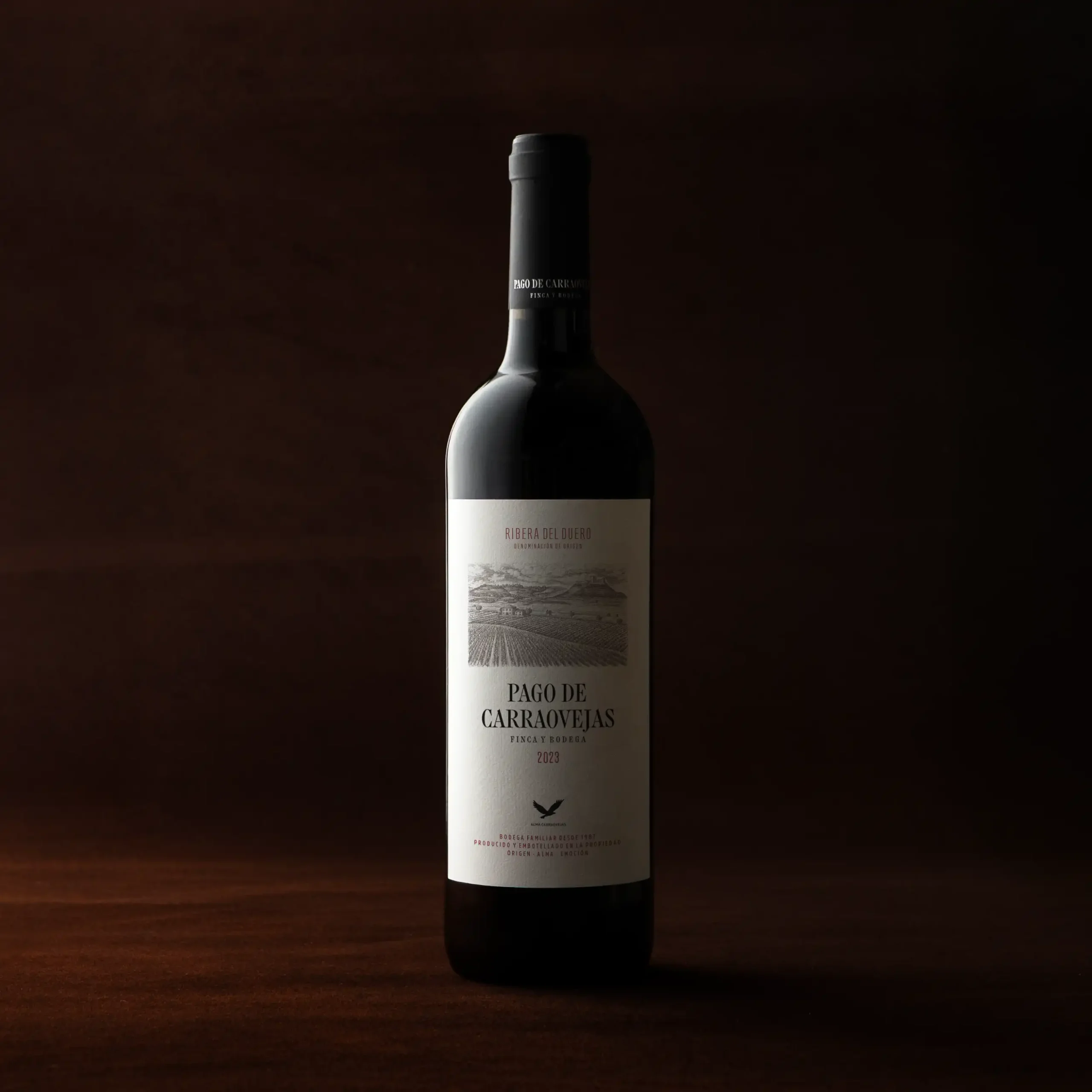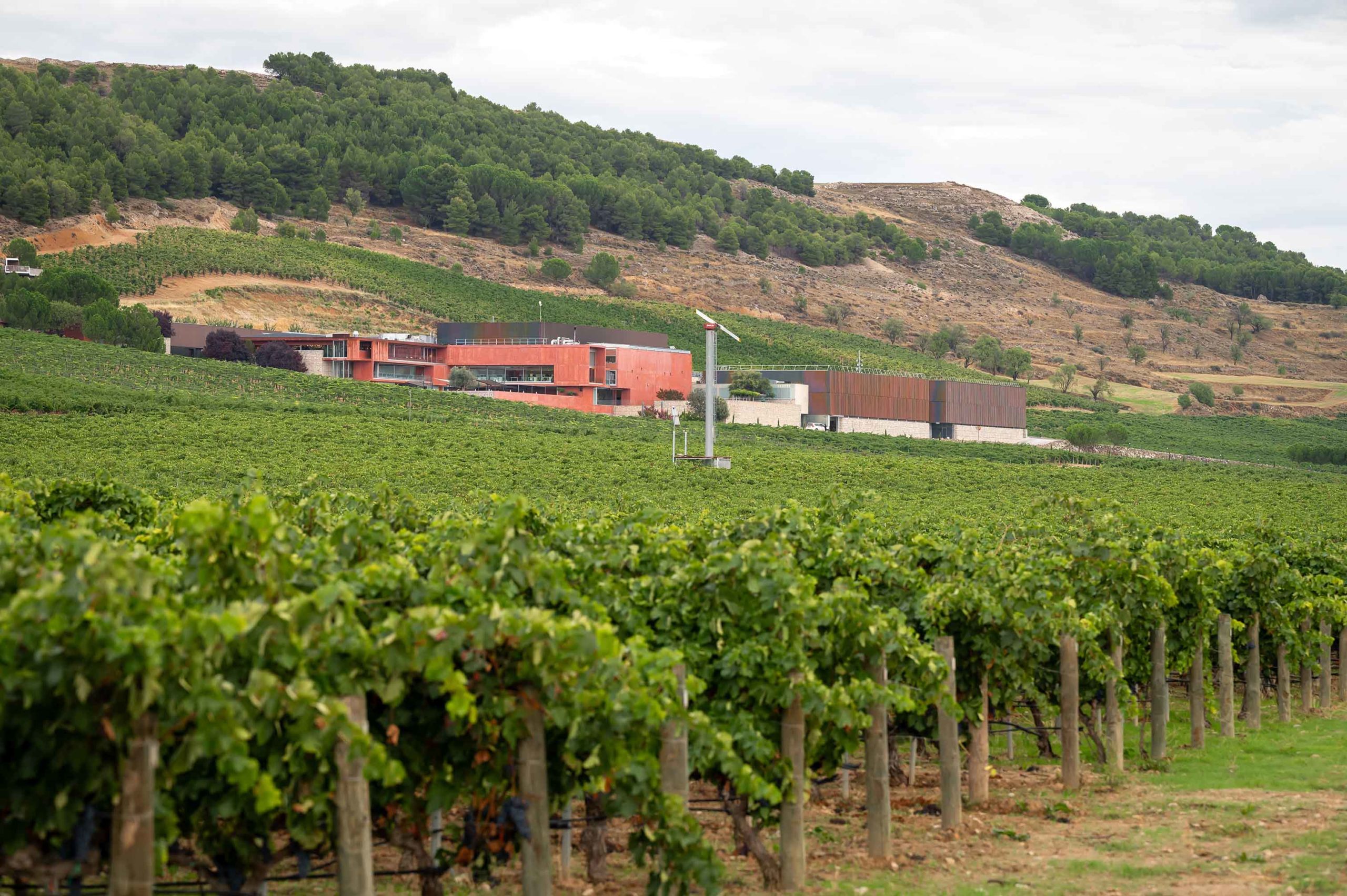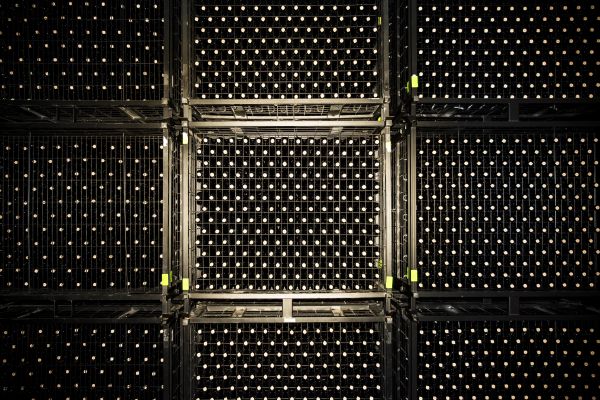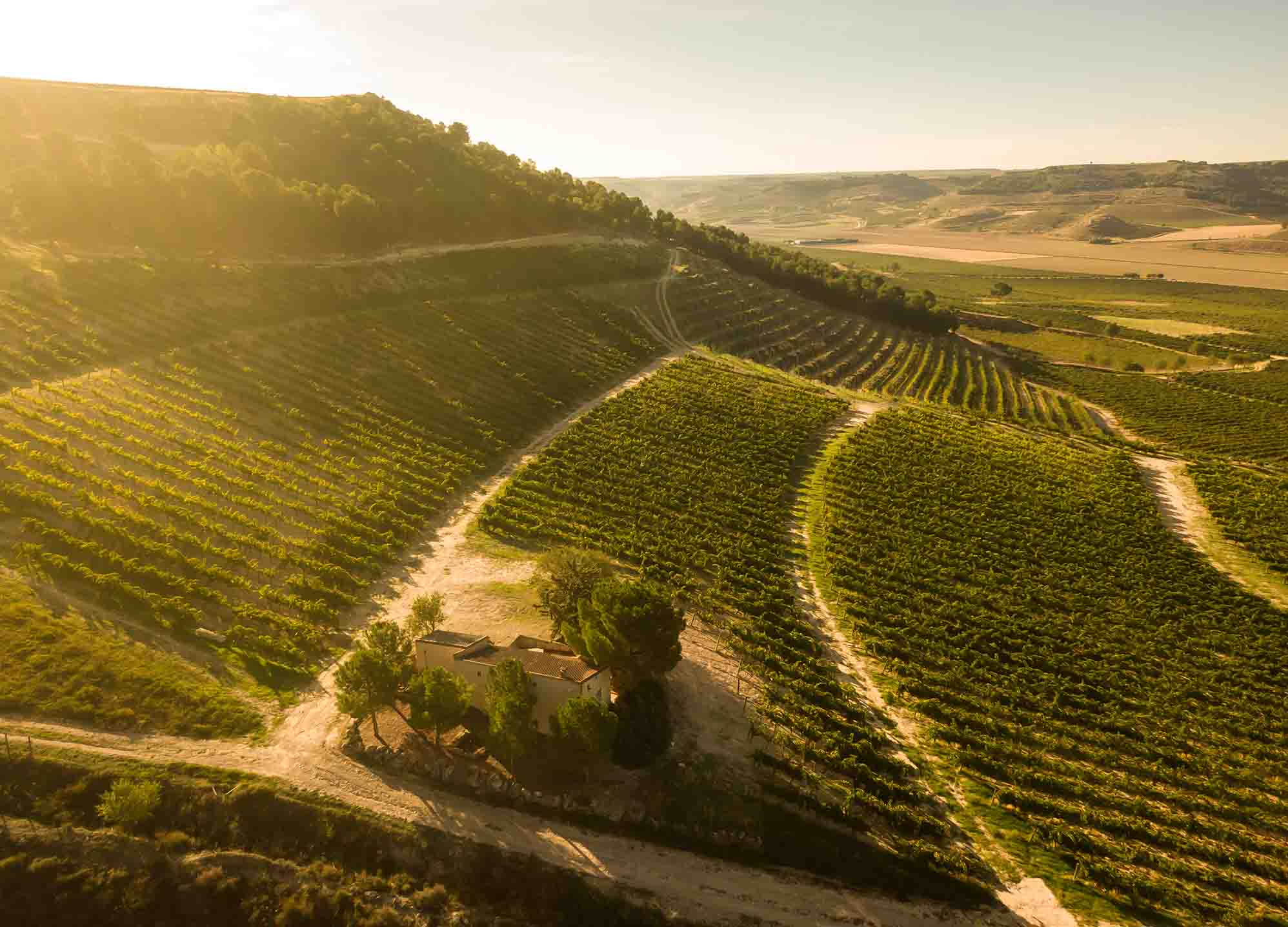
The first phase of the Mycowine innovation project in which Pago de Carraovejas participates has concluded
The R+D+i study has revealed that certain fungi and bacteria naturally found in vineyard soils help to defend the plants themselves from the negative impact of climate change.
This is one of the first results offered so far by the Mycowine project, in which Pago de Carraovejas participates along with five other wineries in Castilla y León and La Rioja, belonging to four of the most important designations of origin in the national scene and led by the Food Industry Association of Castilla y León (Vitartis) and the biotechnology company IDForest.
Studies have confirmed the importance of certain fungi and bacteria found naturally in the soil, as they help plants to better absorb water and nutrients. They also favor the balance of the soil ecosystem, resulting in more productive vineyards and higher quality grapes.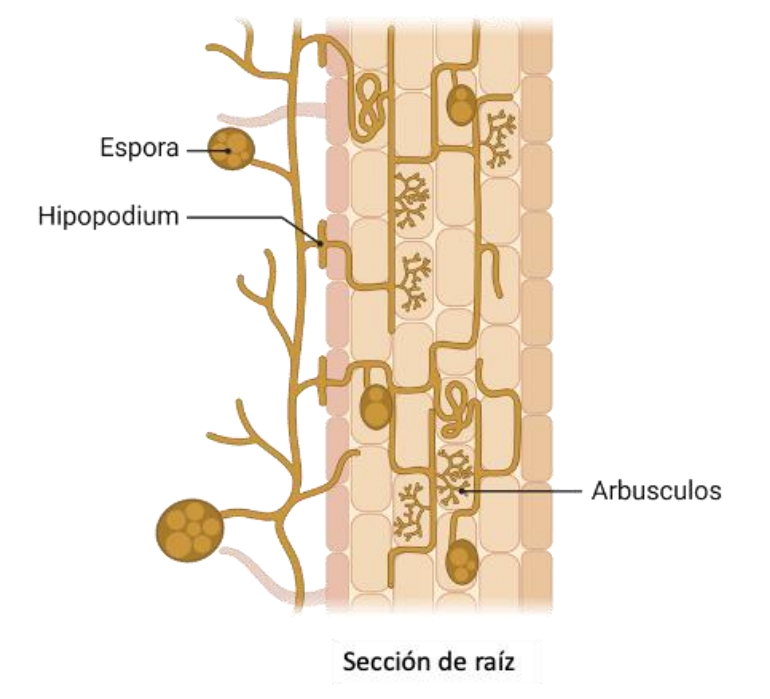
In addition, the Mycowine project – financed by the Ministry of Agriculture, Fisheries and Food and the European Agricultural Fund for Rural Development (EAFRD) – is also studying to what extent certain environmentally friendly agricultural techniques, such as maintaining plant covers between the vines, favor the presence of these microorganisms in the soil and contribute to a more balanced and healthy vineyard.
After the analysis of the different samples collected from the vineyard soil, the second phase will select the most beneficial microorganisms, which, once multiplied in the laboratory, will be applied to the plots.
The objective is to see how soil health and grape quality improve, while progressively reducing the use of phytosanitary products.
This technique will also make it possible to recover degraded soils and fight against problems such as desertification and loss of fertility, which affect a large part of the Spanish countryside.

